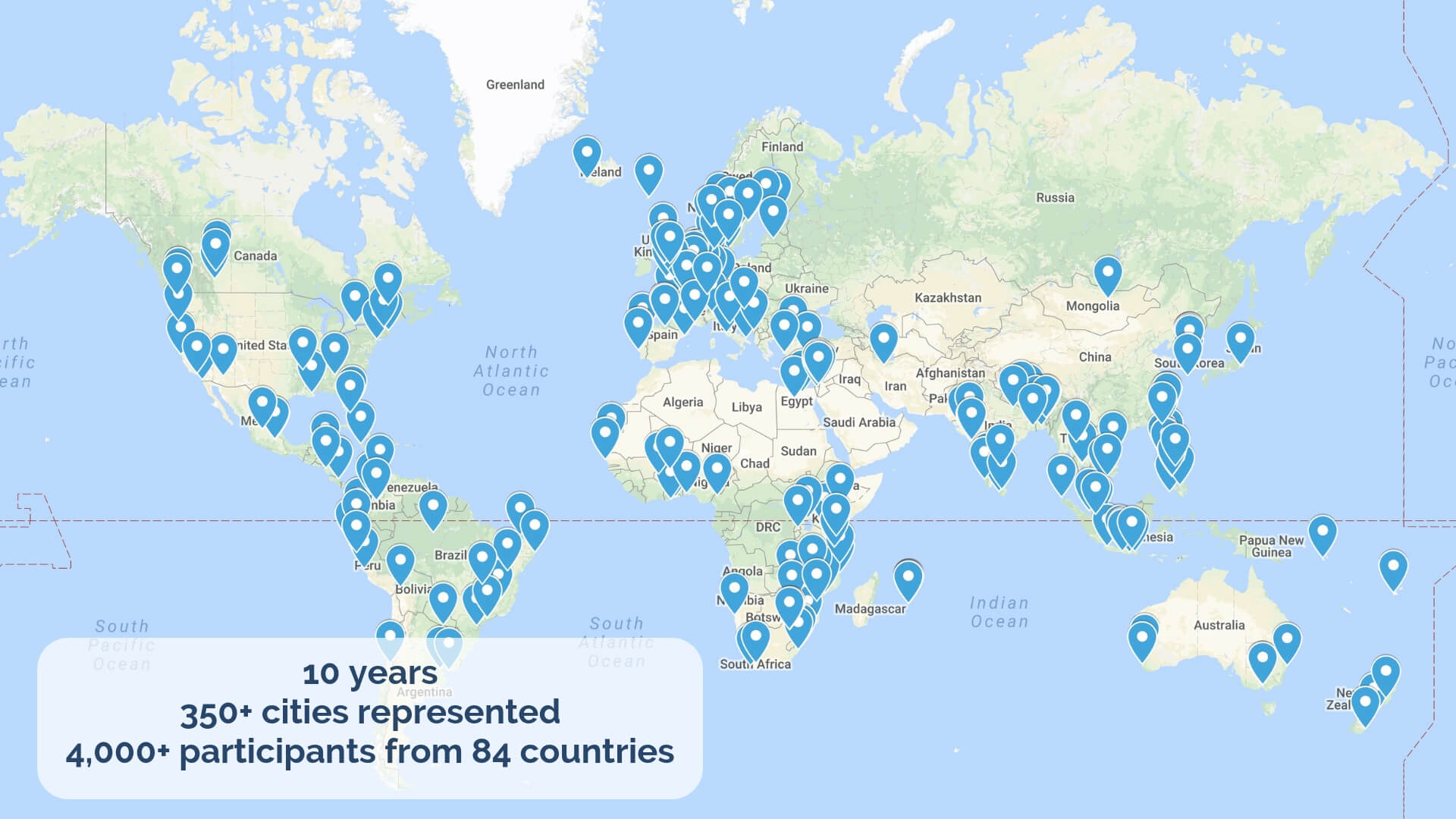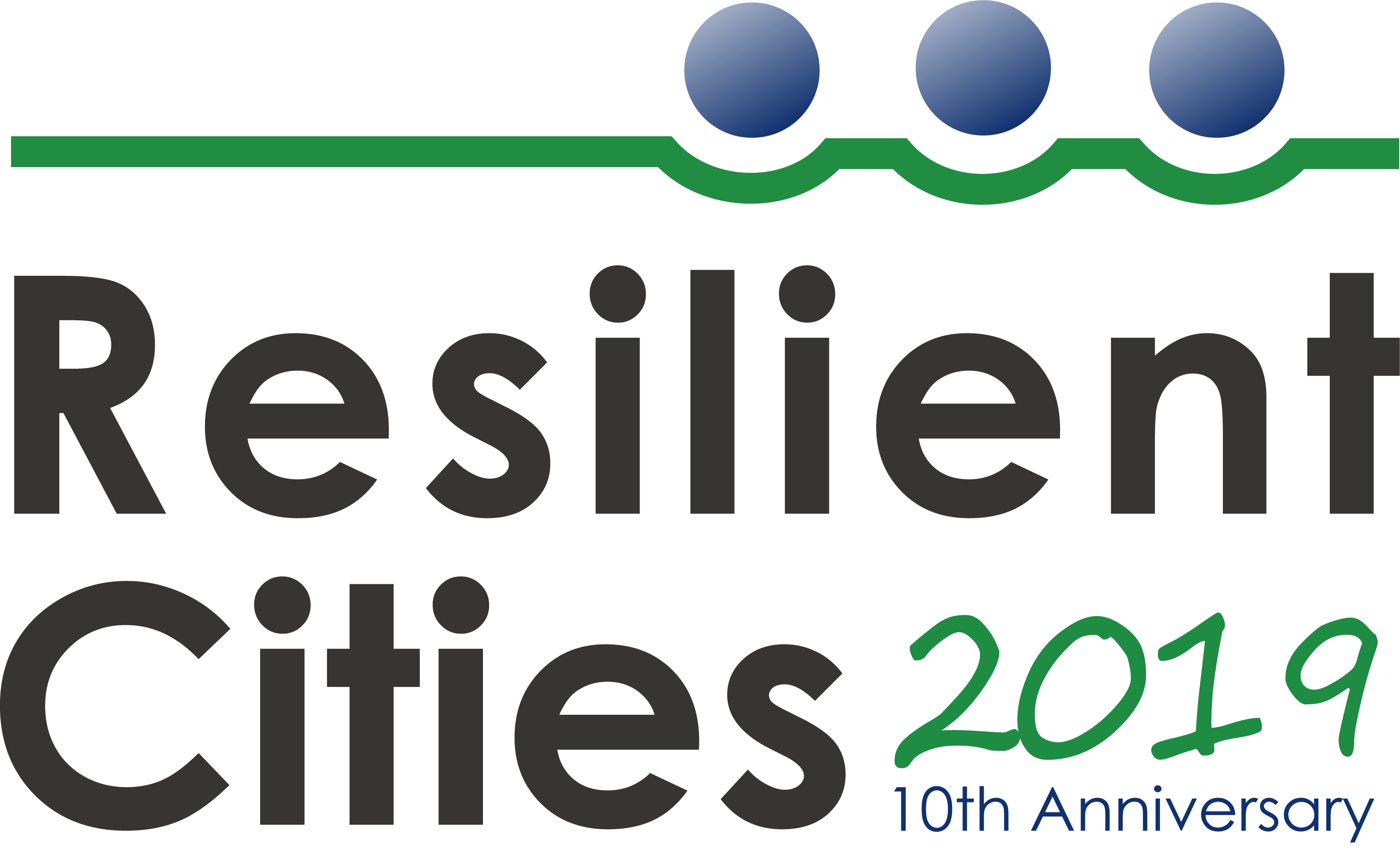About
The global forum
Resilient Cities – The Annual Global Forum on Urban Resilience and Adaptation – is hosted every year in Bonn.
In 2010 ICLEI – Local Governments for Sustainability, the World Mayors Council on Climate Change and the City of Bonn, Germany launched Resilient Cities, the first forum on cities and adaptation to climate change (in 2012 renamed as Global Forum on Urban Resilience and Adaptation).
More than 500 participants and beyond 30 partners each year helped make Resilient Cities a milestone event connecting local government leaders and climate adaptation experts to discuss adaptation challenges facing urban environments around the globe.
how we work
For a decade, ICLEI Resilient Cities has been providing a global and open space where local governments, researchers, businesses and civil society could meet as equals, contributing with their knowledge and expertise to the advancement of urban resilience.
Our leading and cutting-edge position in such a realm is a constant reflection of our values: a knowledge-based expertise; a constant and transparent engagement with our partners; and a unique know-how on connecting and supporting stakeholders, rather than imposing measures “from above”.
During the years, our commitments and transparent activity have cultivated trust among our partners, which now recognize ICLEI Resilient Cities as the gravitational center of the resilience universe.
Facts and figures
Over the last ten years, Resilient Cities has congregated around 4,000 participants from over 350 cities worldwide from 84 countries. Cities from both the Global South and the Global North have been represented at the Congress throughout the past years. Among them: Accra, Bangkok, Bogotá, Buenos Aires, Cairo, Cape Town, Copenhagen, Ho Chi Minh City, Istanbul, Jakarta, Luxembourg, Melbourne, Mexico City, Mumbai, Nairobi, Oslo, Paris, Singapore, Stockholm, Tel Aviv, Tokyo, Vancouver, and many others.

Why attend ICLEI Resilient Cities 2019?
I value the focus on practical learning and experience sharing. It’s not only about discussing grand ideas, but especially about showcasing concrete solutions that have delivered impact.
Exposure to the ex ante planning possibilities and the ex post recovery options in the compressed time period of the Congress helps to break down the boxes in which we normally think and operate and enables us to be more innovative. The range of different national contexts for local action to which we get exposed further stimulates our innovative juices.
The Congress offers interesting presentations that show practical implementation of many concepts and topics discussed globally, the problems and solutions found. It offers the possibility to share experiences.
The ability to interact with city officials, nonprofit organizations, academics, and industry experts all under one roof, looking at common issues using different lenses.
Meet the Resilient Cities Team




